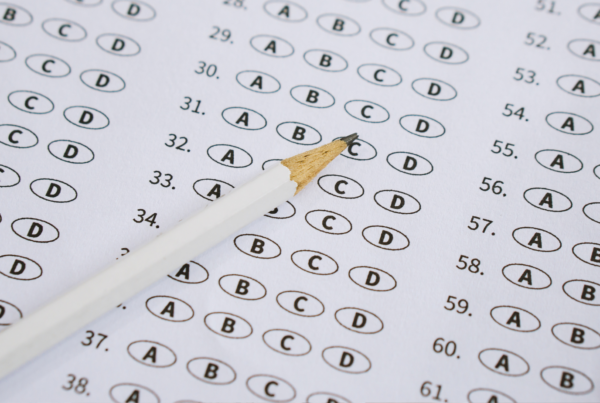 By Catherine Tierney
By Catherine Tierney
While most students know they are required to take the ACT or SAT test for college admissions, not everyone knows about SAT Subject Tests. Many selective schools require or recommend these tests for admission and course placement.
The SAT Subject Tests are one-hour long exams that focus on specific academic subjects, scored on a scale of 200-800. There are 20 tests in total in five general subject areas (foreign language, English, history, mathematics and science).
How do I know which tests to take?
First, check the admissions website at your schools of choice. Some schools require a certain number of tests be submitted. If you are looking to gain entry into a specific school or program (like an honors cohort or school of engineering), look even harder. Sometimes these programs will have specific requirements separate from the general admissions ones. If your schools of choice do not require specific tests, then you have some flexibility. Here are some questions to think about when selecting tests:
- Are there trends in your application you want to highlight? If you write your admissions essay on your desire to be a doctor and pursue pre-med course work, taking the Biology or Chemistry subject tests will demonstrate to the colleges that you’re capable of handling this type of work. The same goes for future engineers (who should be looking at Math II and Physics) and journalists (who might want to consider the literature test). Essentially, if you are going to sell yourself as being on a specific career or academic track, the Subject Tests are a great way to make your claims more convincing.
- Do you have any low grades that should have been higher? Sometimes students who are strong in certain subjects receive low grades in a course. Applications give students a chance to offer up an explanation for low grades, and often, the reasons are legitimate. However, excelling on an SAT Subject Test in this area means that admissions officers won’t be left wondering whether or not you can handle the material.
- What are you good at? Don’t lose sight of this question. The Subject Tests exist to give students an opportunity to highlight their strengths; take advantage of the opportunity!
When should students take them?
The tests are offered six times a year in the U.S. and internationally, and students can take 1-3 tests on a single test date. Students should register for these tests as soon as possible after they finish a course that covers the subject matter at hand. For example, a freshman who has completed an advanced course in U.S. History should take the U.S. History SAT Subject Test at the end of Freshman year.
What format are they in?
The SAT Subject Tests are hour-long multiple-choice tests. The foreign language tests have an optional listening component. These listening components are not offered during every test administration. The Spanish listening test, for example, is offered only in November. The College Board website offers more information about these restrictions.
How should I prepare?
The first place to start is the College Board’s official SAT Subject Test book. This book is useful because it offers an overview of each test, but its true value lies in its full-length practice exams. Your first step should be a timed practice test. If your scaled score is above a 550, you should proceed with studying for the test. If you score below this, it is likely not worth proceeding with that Subject Test (unless, of course, it is required for your program); the time needed to increase this score will be extensive and can likely be better used improving other facets of the college application.
Bottom Line:
If you can submit strong SAT Subject Test scores, you should. The tests are a great way to add depth to your application and demonstrate mastery. Luckily, score choice applies to the subject tests, so if you aren’t satisfied with your score, you don’t have to submit it!
Contact us to learn more about how we prepare students for the SAT Subject Tests.





